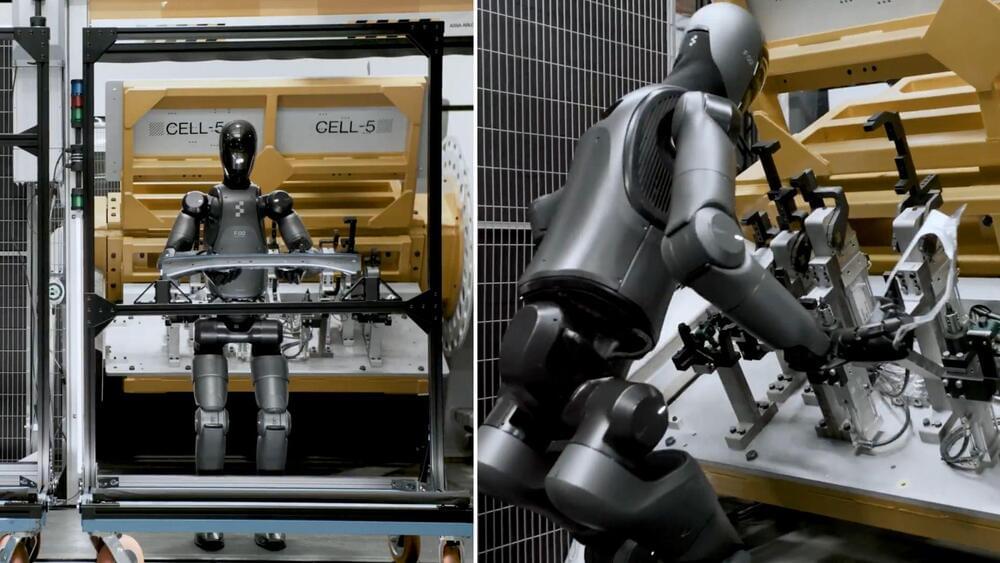Figure AI and BMW announce significant improvements to the Figure 2 humanoid, increasing speed by 400% and success rate by sevenfold.



Oil and gas extraction in places like Texas’ Permian Basin leads to several waste products, including significant amounts of wastewater and flares firing into the sky. Texas Engineer Vaibhav Bahadur is researching how those byproducts, which are harmful to the environment, could be repurposed to serve as key elements in the creation of “green” hydrogen.
Bahadur, an associate professor in the Walker Department of Mechanical Engineering, recently published a new paper in the journal Desalination about a new way to potentially produce green hydrogen. It involves using the energy wasted via gas flaring to power reverse osmosis, a common, low-energy technique used for municipal water treatment. Hydrogen production requires pristine water, and this process satisfies that need by removing salts and other elements from the equation.
Learn more about green hydrogen in the Q&A with Bahadur below, as well as his research, next steps and its broader implications.
Get early access and special discounts to all of our upcoming merch releases: www.theteslaspace.com/c/early.
Last video: The Real Reason Tesla Doesn’t Make Hybrids.
• The Real Reason Tesla Doesn’t Make Hy…
► Support the channel by becoming a member: / @theteslaspace.
►The Tesla Space Merch Store Is Live! Shop our first release while quantities last: https://shop.theteslaspace.com/
► Patreon: / theteslaspace.
► Join Our Discord Server: / discord.
► Subscribe to our other channel, The Space Race: / @thespaceraceyt.
► Subscribe to The Tesla Space newsletter: https://www.theteslaspace.com.
► Use my referral link to purchase a Tesla product and get up to $1,300 off and other exclusive benefits. https://ts.la/trevor61038
Subscribe: / @theteslaspace.
Welcome to the Tesla Space, where we share the latest news, rumors, and insights into all things Tesla, Space X, Elon Musk, and the future! We’ll be showing you all of the new details around the Tesla Model 3 2023, Tesla Model Y 2023, along with the Tesla Cybertruck when it finally arrives, it’s already ordered!
Instagram: / theteslaspace.

Determining the passage of time in our world of ticking clocks and oscillating pendulums is a simple case of counting the seconds between ‘then’ and ‘now’
Down at the quantum scale of buzzing electrons, however, ‘then’ can’t always be anticipated. Worse still, ‘now’ often blurs into a haze of vagueness. A stopwatch simply isn’t going to work for some scenarios.
A potential solution could be found in the very shape of the quantum fog itself, according to a 2022 study by researchers from Uppsala University in Sweden.


Recent breakthroughs in genetics research may have uncovered new genes underlying common psychiatric disorders. Schizophrenia and bipolar disorder affect more than 64 million people around the world. These disorders are strongly influenced by genetics. No one gene, however, determines one’s risk of developing schizophrenia or bipolar disorder. Rather, it is likely that a host of genes contribute to risk. Using artificial intelligence, researchers at Stanford University now have uncovered complex variants throughout the human genome that may contribute to these psychiatric disorders. This new study suggests that mutations that occur after fertilization, such as genetic mosaicism, may be responsible for a number of psychiatric disorders including bipolar disorder and schizophrenia.
Think of a genome as a living book with instructions for every cell in the body. Our genes are the chapters. We have approximately 200,000 genes that provide instructions for making proteins, the building blocks of life. The vast majority of our genes, however, are non-coding, meaning that they do not provide instructions for proteins. Nonetheless, these genes play an important role in genetics and regulating cell function.
Genetic variants, or spelling changes, in either a coding or non-coding region can interfere with how the cell translates specific instructions. A small typo may have little to no effect on how the book is read. However, larger spelling changes can lead to the deletion of a sentence or even a whole chapter. Without the correct instructions to produce specific proteins, these spelling changes can contribute to disorders that impact different aspects of our body.
Hanson Robotics Limited’s Ben Goertzel, Sophia and Han at RISE 2017.
Now for something that’s never been done onstage before. While they may not be human, our next guests are ready to discuss the future of humanity, and how they see their types flourish over the coming years.
Want to be at #RISEConf next year? Get your ticket now: http://news.riseconf.com/YT_tickets

Please consider adding this book to your collection. The more places wisdom is preserved, the better!
https://www.amazon.com/Why-We-Die-Sci?tag=lifeboatfound-20…
Death — the ultimate enigma that has haunted humanity since the dawn of consciousness. In \.